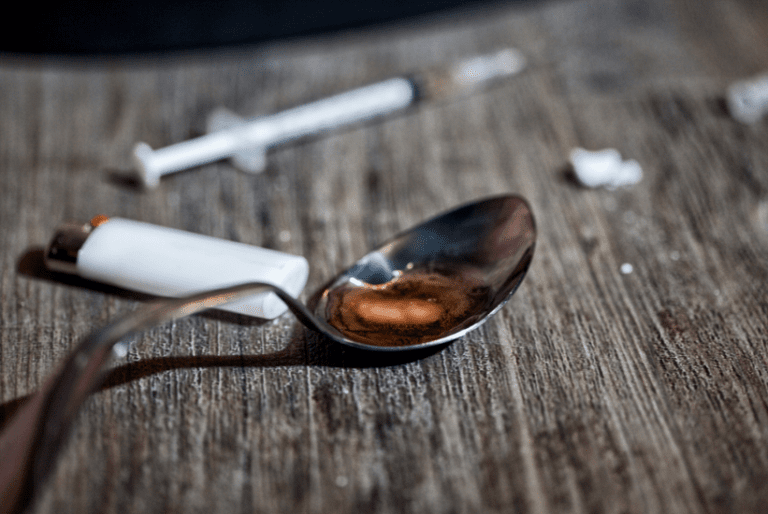5 Ways to Prevent an Alcohol Relapse
Recovery from alcoholism or any other addiction is never over. It takes constant and consistent effort and support to avoid a relapse of any kind, especially an alcohol relapse. Fortunately, there are five proven ways individuals with alcohol use disorder can prevent alcohol relapse in everyday life.
Alcoholism and Relapse
According to the 2019 National Survey on Drug Use and Health, 14.5 million people in the United States ages 12 and older had alcohol use disorder — also known as alcoholism. It is likely that this number has only grown since then. However, a person with alcoholism can live a healthy, alcohol-free life after making a commitment to their recovery, undergoing treatment, and utilizing relapse prevention strategies.
How to Prevent an Alcohol Relapse
Preventing an alcohol relapse is never easy. Sobriety takes effort nearly every moment of every day. However, prevention can be made easier with the following strategies:
1. Avoid Triggers as Much as Possible
One of the best ways to prevent a relapse is to avoid triggers. This often requires a serious amount of self-reflection, which can be made easier with the help of a counselor or another professional who specializes in treating individuals with addictions. One must discover what triggers their desire to drink. For example, if watching a football game with friends will trigger the urge to drink, then it is best to avoid that trigger — whether that means watching the game alone or not at all.
2. Create a Support System
Another proven strategy for preventing an alcohol relapse is to create and surround oneself with a support system. A support system can take a variety of forms. It can include one’s friends, family, an Alcoholics Anonymous group, or a counselor or therapist. These individuals should have an understanding of alcoholism and should want to support one’s sobriety as much as possible. By leaning on them for support and assistance, one can more likely prevent relapse.
3. Seek or Stay in Therapy
A support system consisting of friends, family, and Alcoholics Anonymous groups members can be a wonderful method for preventing relapse. However, seeking or staying in therapy can be another way one can add to their support system and avoid relapse. Counselors or therapists who specialize in addiction can help individuals understand their relationship with alcoholism, their triggers, and offer them more specific strategies for coping with their addiction.
4. Practice Meditation
Another proven method for preventing relapse and coping with triggers is meditation. The act of meditating teaches individuals to be self-aware. When self-aware, a person can become more aware of their urges, including what triggers their urge to drink. In doing so, one can more easily identify and avoid triggers for drinking, which will ultimately prevent the potential for relapse.
5. Anticipate
Maintaining sobriety is difficult, especially in today’s world. People living in the United States are constantly surrounded and exposed to triggers for drinking, including drinking itself. Because of this, it is impossible to avoid all triggers entirely. So, to avoid relapse, individuals with alcohol use disorder must also anticipate triggers and possess effective coping methods to deal with them. By anticipating triggers and planning methods for coping, one can more effectively prevent alcohol relapse.
Help is Available at Oasis Recovery
Although preventing an alcohol relapse is always necessary during one’s recovery, it is also important to remember that relapse happens. No one should ever beat themselves up over it. Maintaining one’s sobriety takes time and constant effort. However, anticipating and avoiding triggers, creating a support system, talking to a therapist or counselor, and meditating can all aid in preventing alcohol relapse.
At Oasis Recovery, our team of healthcare professionals can help aid you in recovery and offer additional tips, tricks, and services to prevent an alcohol relapse as well as other forms of relapse. Contact us today for more information!











